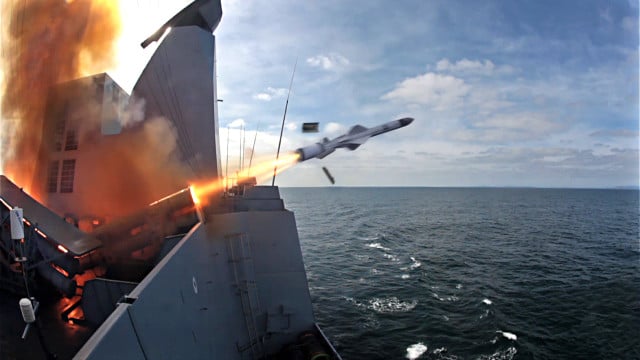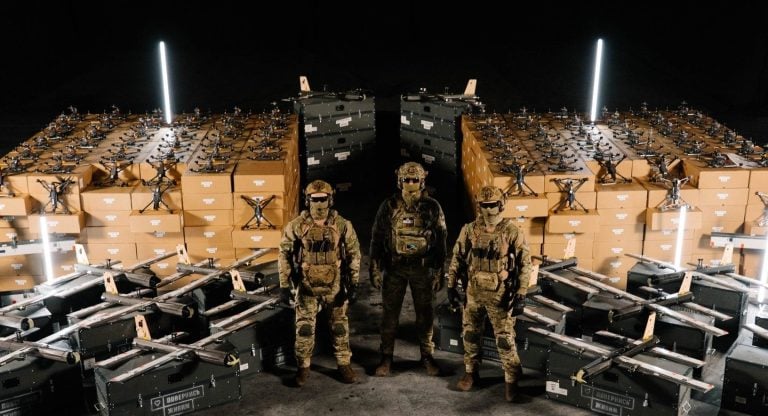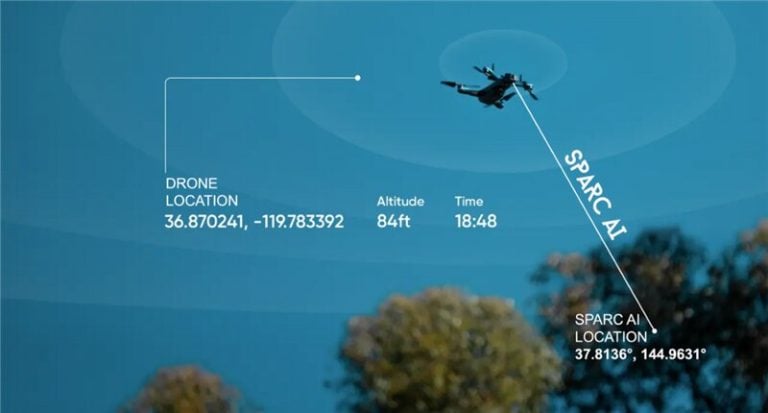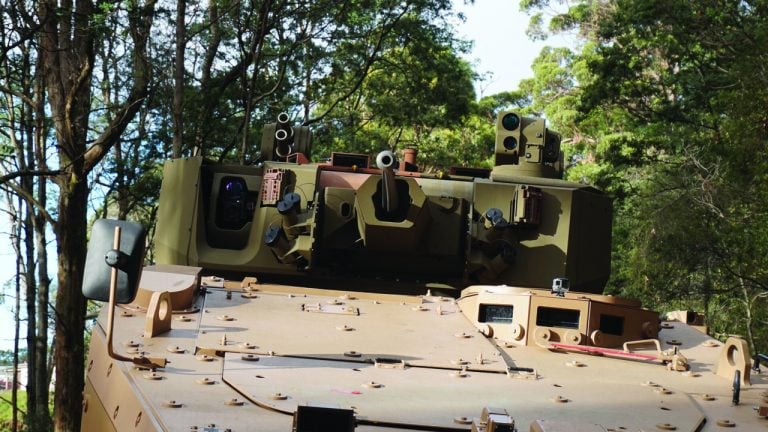In a significant move to enhance its military capabilities, Greece has formalized a procurement agreement with France for the acquisition of 16 Exocet MM40 anti-ship missiles. The deal was finalized during an official visit to Athens, where Greek Defence Minister Nikos Dendias and French Armed Forces Minister Sébastien Lecornu signed the agreement. However, the financial details surrounding the deal have not been disclosed.
The Exocet MM40 missile is a powerful asset designed for maritime engagements. It boasts a maximum operational range of 250 kilometers (approximately 155 miles) and has a weight of 780 kilograms (about 1,720 pounds). Its length measures just under 6 meters (19.7 feet). This missile system employs an advanced electromagnetic homing mechanism that enhances target tracking precision, and it features a guidance unit that optimizes flight paths, allowing for complex coordination when multiple missiles are deployed.
Designed with stealth in mind, the Exocet MM40 is capable of maintaining low visual, radar, and infrared signatures, making it adept at flying at low altitudes over the sea. The missile system utilizes inertial navigation combined with an active electromagnetic seeker for accurate terminal guidance. Notably, it can be launched beyond the line of sight and follows intricate flight trajectories. Its sophisticated seeker is equipped to effectively identify targets while resisting contemporary countermeasures. Additionally, the missile’s GPS functionality allows for engagement with coastal land targets, further expanding its operational utility.
This procurement aligns with Greece’s broader initiative to significantly bolster its defense expenditure as part of a long-term modernization strategy. Greece stands out among NATO members for diverting over 3 percent of its Gross Domestic Product toward defense, joining the ranks of countries such as Poland, Estonia, and Latvia. The Greek government has outlined plans to invest approximately 26 billion euros (equivalent to $28 billion) in new weapons systems through to 2036.
Notably, Greece has committed to doubling its military budget for the current year, allocating 6.13 billion euros (around $6.6 billion) for the procurement of various military equipment. Earlier in the year, the Hellenic Air Force celebrated the receipt of its 30th upgraded F-16 Viper from U.S. defense contractor Lockheed Martin, enhancing its operational performance. In addition, France’s Dassault Aviation completed the delivery of the final Rafale fighter jet, marking a milestone in Greece’s efforts to modernize its air force.
These strategic developments underscore Greece’s commitment to strengthening its military capabilities amidst a shifting security landscape in the region.







